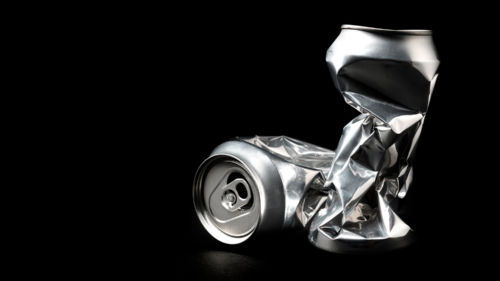The database consists of 48 elements, including all major alloying elements and many minor alloying elements. It also includes nearly all stable phases in the assessed systems and most important metastable precipitates observed in industrial alloys.
TCAL10 was developed to be used with our entire suite of products: Thermo-Calc, the Add-on Modules, and all available SDKs.
MOBAL8 for Kinetic Data
MOBAL8 is a corresponding mobility database that provides kinetic data for those working with the add-on kinetic modules – the Diffusion Module (DICTRA) and the Precipitation Module (TC-PRISMA) – as well as a few specific calculation types, such as Scheil with back diffusion. If you do not purchase a license for an add-on kinetic module, you most likely do not need a mobility database. One of our technical sales representatives can help you determine whether your work requires a mobility database.
MOBAL8 is compatible and recommended to be used in combination with TCAL10.
Various Uses of TCAL and MOBAL
Our databases are constantly under development. In the presentation, “Modern CALPHAD databases for aluminum alloys and their applications,” Dr. Hai-Lin Chen, the primary developer of the aluminum databases, discusses the development of the TCAL and MOBAL databases and presents several applications.
Read the blog post and watch the presentation
In this blog post, Dr. Hai-Lin Chen discusses the many applications of this versatile database.
Read the blog post about the various uses of the database


